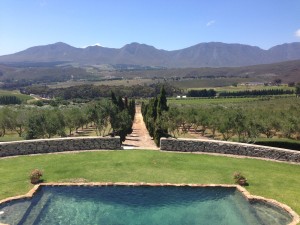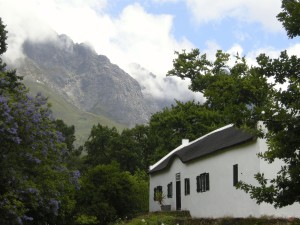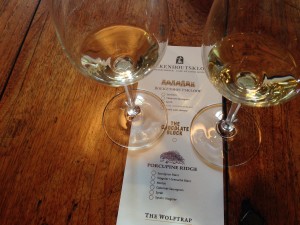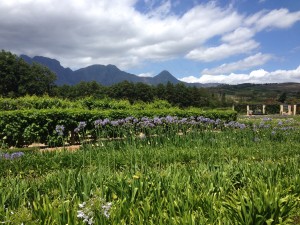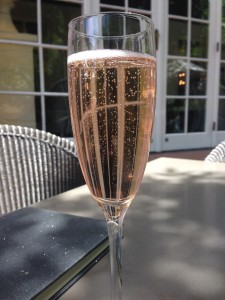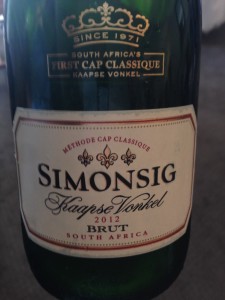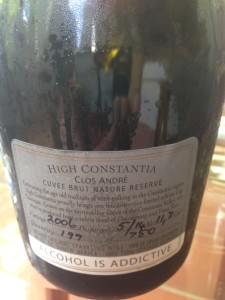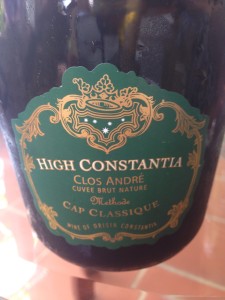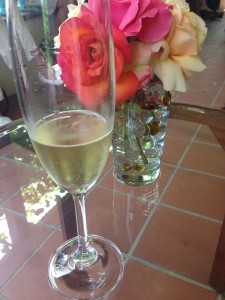A recent trip to tour the vineyards of South Africa turned into a lifetime milestone. Someone asked me at the airport when I was checking in luggage, “Really? South Africa makes wine?” Yes, it does – fantastic wines; and their wine culture has been gaining fast global attention in the last 20 years. In fact, their wine history dates back to 1659, only 30 years ahead of our first plantings. I’ll save the lesson and details for our South African Wine workshop in July, but here’s a taste to whet your appetite and some photos to get us started.
South Africa easily boasts some of the most stunningly beautiful vineyards and oldest wine-growing geology in the world. To have lunch on the veranda at the Hamilton Russell estate in the Hemel-en-Aarde (which translates to “Heaven on Earth”) valley and look out over this and sipping his elegant Chardonnay was truly a feast for the senses.
Every day I heard myself say, “I cannot believe I’m here.” From the time we landed I was ready to explore everything within reason until the time we were wheels up nearly two weeks later. Thanks to an airline pilot strike, our visit was extended slightly, which didn’t bother me because we’d only tasted about 150 or so wines … there were definitely more tasting notes to be made.
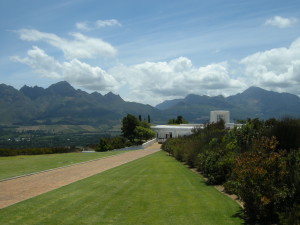
Vergelegen Estate. Vergelegen translates to “situated far away” and to stand on the roof of this winery and look around, you want to stay there – far away.
Some vocabulary:
Cap Classique: A sparkling wine produced in the classic method in which the second fermentation occurs in bottle as in the production of Champagne (remember, we cannot use the word Champenoise here). This classic method was brought to the cape by the French Huguenots.
Kaapse Vonkel: The original word for sparkling wine produced in South Africa in the traditional method (or Methode Traditionelle) was Kaapse Vonkel, meaning “Cape Sparkle.” Kaapse Vonkel is made in the Methode Cap Classique or classic (Champenoise) method.
Somehow we managed to always find a glass of this beautiful bubbly …
In a recent article Master of Wine Tim Atkin asked, “Is South Africa the most underrated wine producing country in the New World?” I would most definitely have to say that it is. I hope you’ll join us for our class on July 11th, South Africa, The Oldest of the New World Wine Regions and taste with me what we – and the wine world – may have been missing.
(Originally Published 2014/12/08)

